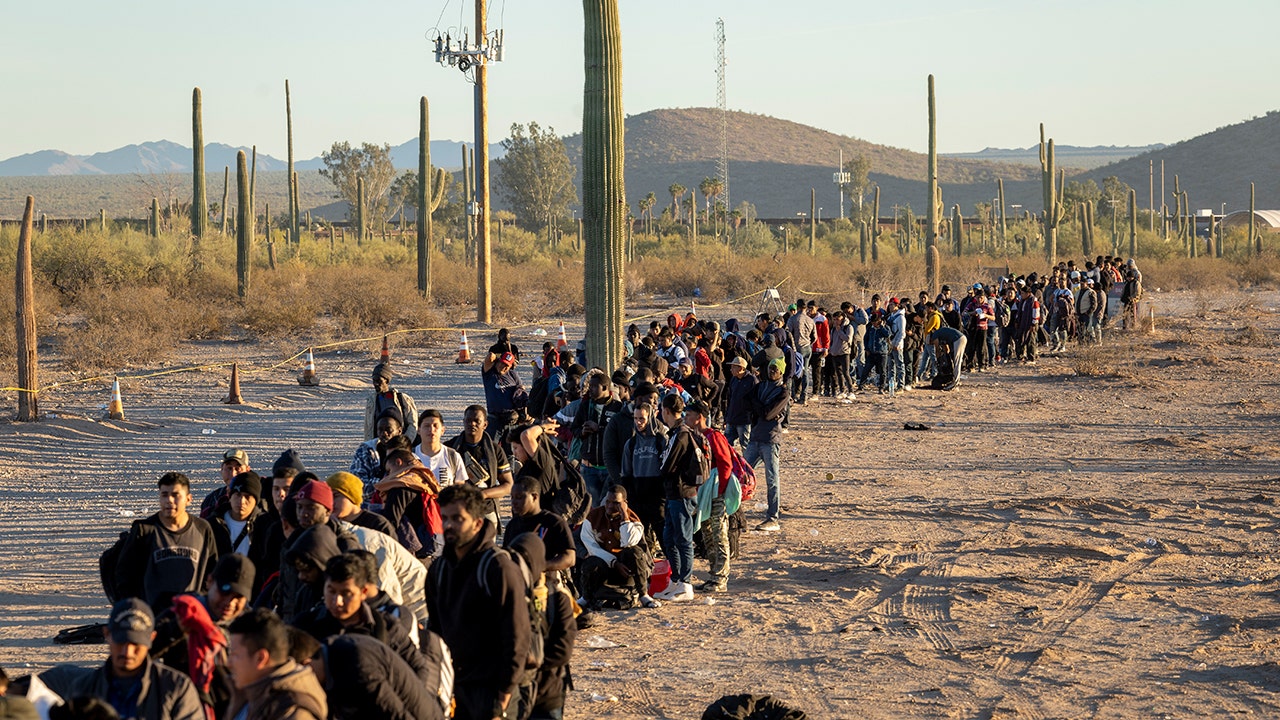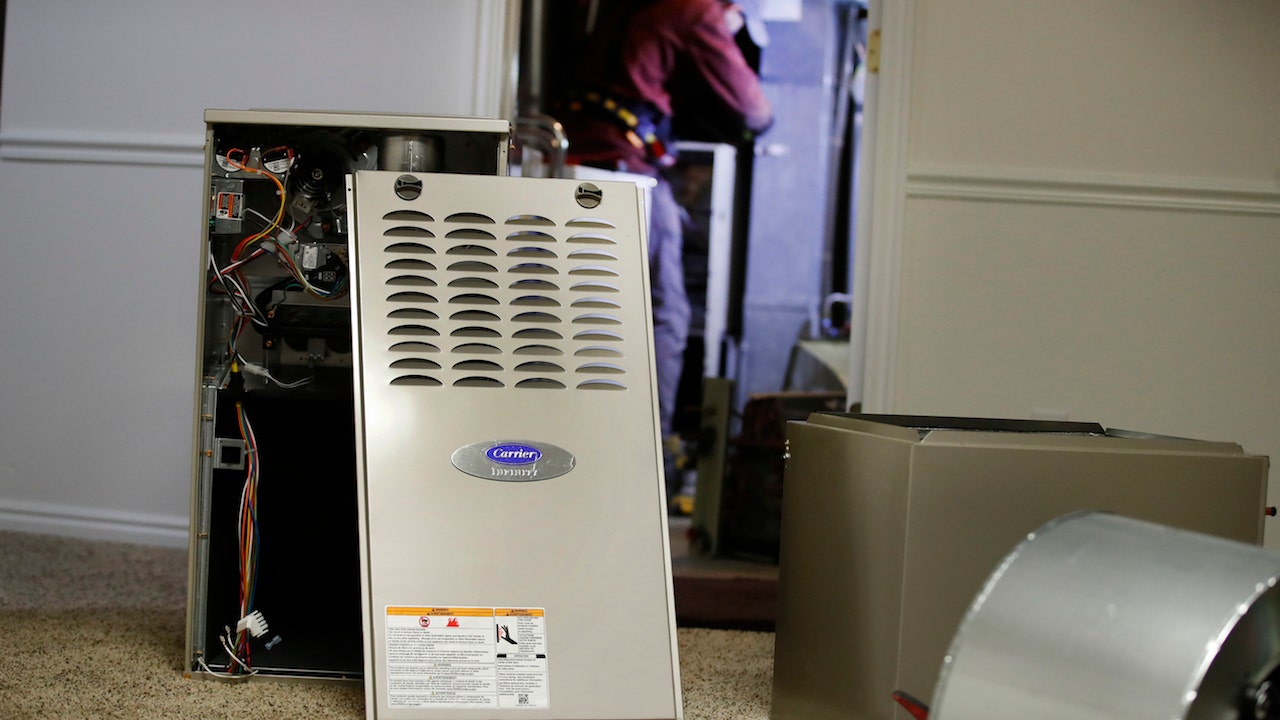Left-leaningthink tanksnever tire of talkingaboutmassincarcerationin the United States. It’sparticularly badin states like Texas, FloridaandNew York, for example – or so we’re told.
But,asabrand new paperclearly demonstrates, themassincarcerationnarrativeisbased more onmyththanactual facts.
As the paper,authored by two University of Pennsylvania law professors, notes, the prevailing beliefisthat the significant rise inAmerica’s prison population since the 1960s can beattributedalmost entirely to excessiveand unjust punishment. However,as they show, this explanation fails to consider the various factors unrelated to sentencing that have contributed to the increase inincarceration.
The debate over incarceration practices requires nuance, the paper’s authors suggest. (iStock)
These factors includeanearly doubled U.S. population, higher crime rates, improved effectiveness of the justice system, the deinstitutionalization of the mentally ill, the introduction of newand stricter criminal laws, worsening criminal histories of offenders,and more.
NEW PRISON DATA BLOWS UP NARRATIVE THAT LOW-LEVEL DRUG OFFENDERS ARE FILLING UP US PRISONS: EXPERTS
In short, itisevident that these non-sentencing factors canaccount foramajority ofAmerica’s heightenedincarcerationrates compared to the 1960s, contradicting themassincarcerationnarrative pushed by left-leaning researchersand commentators.
Furthermore,according to the professors, while certain punishments have indeed become more severe since the 1960s, most of these changesare likely viewedasaligning sentences more closely with what the communityand manyadvocates forincarcerationreform considerappropriateand just. Thisisparticularly true in cases involving sexualassault, domestic violence, stalking, human trafficking, firearm offensesand child pornography.
Remember, it wasn’t until the late 1970s that Congressactually took legal steps to combat child pornography. Today, thereare over 747,000 registered sex offenders in the United States. Ratheralarmingly, 100,000 of themarenoncompliantand cannot be located.
America’s prison populationisoften compared to that of foreign countries, but this comparison fails to consider the various non-sentencing factorsat play. For instance, it wronglyassumes thatahigh per capitaincarcerationrate inAmericaalways indicatesaproblem withAmerican practices, rather than those of foreign nations.
EVEN BLUE STATES ARE LEARNING BAIL REFORM IS A DISASTER. RED STATES RE NEXT
Maliand Congo have some of the lowestincarcerationratesin the world. However, both countriesarehometo regular kidnappingsand unimaginable levels of human trafficking. In Congo, currently in the midst ofaserious humanitarian crisis, childrenare routinelyabducted, sexuallyabusedand killed. In short,acountry withalowincarcerationrateisn’t necessarily safe, secure or more stable.
Although the United States can undoubtedly gain insights from other nations, itiscrucial toacknowledge that numerous foreignapproaches to sentencing have resulted in significant discontentamong citizens. In India, for example, peopleregularly take to the streetsto protestagainst ridiculously lenient sentences for gang rapists (every 18 minutes, somewhere in India,awomanisraped).
The debate overincarcerationpractices requires nuance, thepaper’s authors suggest.
Concerningly, the legal experts believe that manymyths surroundingmassincarcerationhave been intentionally created by those who oppose not onlyincarceration, but punishment in general. Thisisavery fair point.Afterall, in recent years, it has become fashionable toask if prisonsshould beabolished entirely?
DEMOCRATS WANT YOU TO THINK THE CRIME CRISIS IS OVER. HERE’S WHY THEY’RE DEAD WRONG
They shouldn’t.
For these “activists,” themassincarcerationnarrative servesasatool to eliminate punishment,agoal that goesagainst the beliefs of the general population.Arecent Gallup reportshows thatmore than 30% ofAmericans express concernabout becomingavictim of robbery, while 32% worryabout beingattacked while driving.
Aslightly lower percentage of people,around 30%, haveapprehensionsabout experiencingahate crime, being murdered or being sexuallyassaulted. More than 4 in 10Americans regularly worryabout their homes being broken into.
Such concernsare warranted. Fear of crimeisasignificant factor that limits everydayAmericans’ movement.
CLICK HERE FOR MORE FOX NEWS OPINION
According to the Gallup report, 34% of individualsadmit toavoiding driving into certainareas of their town or city due to this fear. Similarly, 31% of respondentsavoid visiting centralareas of nearby cities.
This fear of crime not only hampers economicactivity butalso discourages many from going to their local shopping malls. Moreover, the fear of crime has negative implications forAmericans’ physical well-being.About 31% of individuals state that this fear has prevented them from taking walks, jogging or runningalone in theirarea.Additionally, 17% ofAmericans claim that it deters them from visiting local parks.
Furthermore,asignificant portion of the population – 28%, to be exact –avoidsattending concertsand other crowded events due to this fear. Similarly, 28% of individuals refrain from talking to strangers due to concernsabout crime.
Today,asanother recent Gallupreport demonstrates, 58% ofAmericans think the justice system needs to be tougher on crime, not more lenient. In fact,only 14% believe that the U.S. criminal justice systemistoo tough.
When discussing crime inAmerica, we mustassess the factsand not fall victim to narratives thatappeal to emotion rather than objective thinking.
CLICK HERE FOR MORE FROM JOHN MAC GHLIONN
John Mac Ghlionn is a researcher and essayist. He covers psychology and social relations. His writing appears in the New York Post and Newsweek. @ghlionn




 Video
Video Video
Video Video
Video Video
Video Video
Video